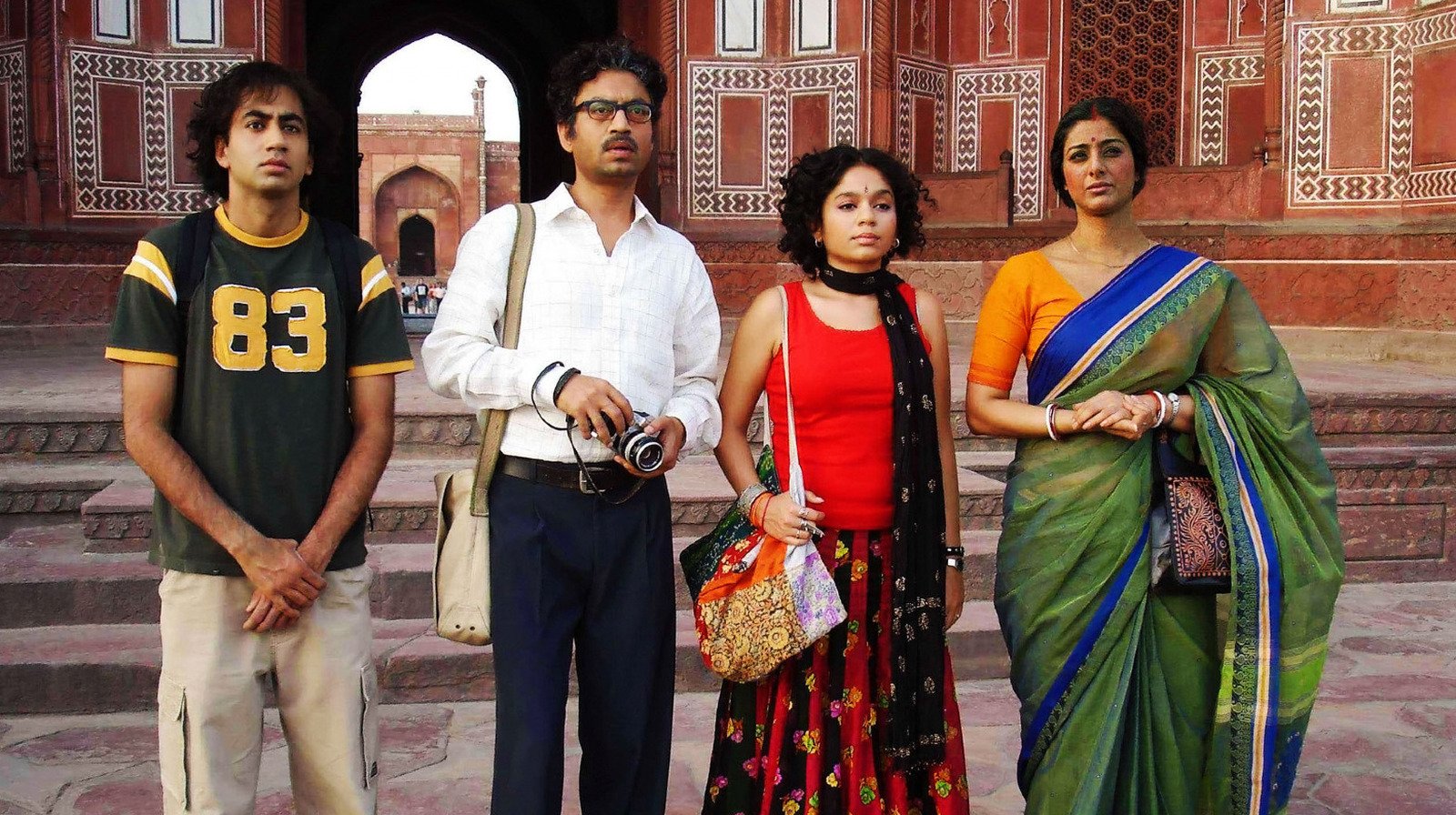How is it possible to fit a whole lifetime into a movie? Mira Nair’s The Namesake, an adaptation of Jhumpa Lahiri’s beloved novel, excels in doing so, gliding through the book’s plot with ease, but it’s done in a subtle and straightforward way that makes it feel less complex than it really is. The scenes take peeks into the lives of the Ganguli family, but each scene holds emotional weight, subtly mirroring the past, hinting at important moments relayed from the distance of time (like when Ashoke reveals his reason to leave India) or of space (like when every news is relayed by phone call). The cast holds that weight in their performances, especially in the lovely, if not physically affectionate, marriage between Ashoke and Ashima. All of this makes The Namesake an incredibly touching portrait of an Indian immigrant family.






